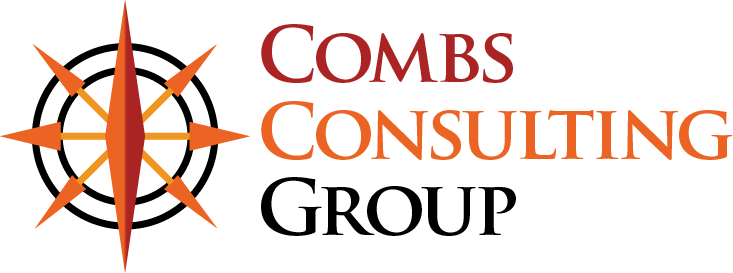How to stay in compliance when you are a small business.
You may be wondering if your business needs an entire HR department. This question can only be answered by you, but much of what you should base your decision on is the complexities and size of your business, the industry that you are in, and your business’s location as each state has its own corporate laws to abide by.
It is difficult for a small business to get and remain in compliance without dedicating at least one person to an HR role such as a manager. Compliance mistakes can be costly. Federal and state regulations frequently change. As a busy business owner or appointed executive administrator who typically wears many hats in the small business arena, it is critical to examine how you will ensure your business keeps up with every aspect of compliance, especially as your business expands.
How to Stay in Compliance
Staying in HR compliance begins with being in compliance. At the roots, compliance equates to having well-defined policies and procedures in place to ensure your business’s employment and work practices align with all applicable laws and regulations.
How do you achieve compliance goals?
Educate yourself
Educate yourself on current laws and keep up with them continuously. With most businesses, this requires at least one member of staff (and this could be you if you chose to go it alone without an HR department), who is dedicated to knowledge of current law, awareness of changing regulations, company policies and procedures, as well as knowledge of corporate goals and the projected shifting of business practices based on growth trajectory and objectives.
HR Policy Manual
Create an HR policy manual and keep it updated. Not only is it necessary to keep your corporate policies and practices up to date based on federal, state, and local regulations, but it is imperative to focus on changing policy as your business grows and evolves.
Here are some (not limited to) additional human resource-related areas of small business that must be in place, monitored, and managed to ensure compliance:
- Recruitment and hiring policies to ensure nondiscriminatory hiring and employment practices which follow equal employment opportunity regulations
- Performance management to ensure staff are meeting and exceeding expectations, as well as compliant job descriptions and evaluations
- Employee records (including hiring, tax, and benefit documents, employee performance and development records, employment-related agreements, termination, and post-employment information, and more)
- Benefit and compensation programs required by law, as well as records of such benefits, and clear documentation if the employer is not required by law to provide specific benefits
- Documentation of employee wages and other types of pay (i.e. commissions, shift or job differential, bonuses, incentives, etc.) in compliance with applicable wage and hourly requirements
- Employee working hours and status policies based on regulations (i.e. overtime, paid breaks, lunch hours, exempt, non-exempt, etc.)
- Mandated posters and posted materials in place to ensure your business is adhering to the wage and hour laws in your industry
- Workplace safety and compliance plan in place, known as Injury and Illness Prevention Plan (IIPP)
Regulatory compliance may seem like a simple process, but not so much. Employment laws and regulations are on an increasingly fast-changing track, and audits and the risk of penalties for non-compliance have increased substantially.
Sadly, many business owners are either busy enough, or lack in awareness of what is required, and end up discovering that they are out of compliance only after an enforcement agency contacts them.
Most business owners are great managers who make fair and logical decisions every single day, but without adhering to proactive up-to-date knowledge of legal requirements in everyday decisions, compliance can fall through the cracks.
Know this—honesty will not keep you out of the hot seat—you cannot claim lack of knowledge in your defense if an audit proves lack of compliance.
Outsource Your HR Department
We Help You Navigate Compliance!
The business of being in business can be overwhelming.
Combs Consulting Group helps you navigate through the challenges of employment compliance and risk management so that you can recruit and retain your company’s most valuable asset: its people!
Our HR Navigation Service now provides clients with a do-it-yourself HR solution. Learn more about our services and request an appointment with us here.
